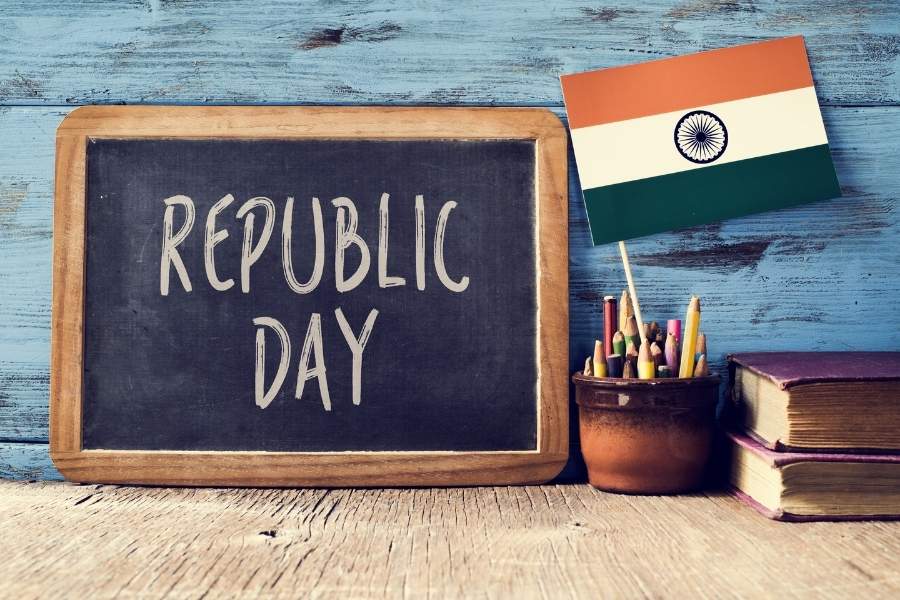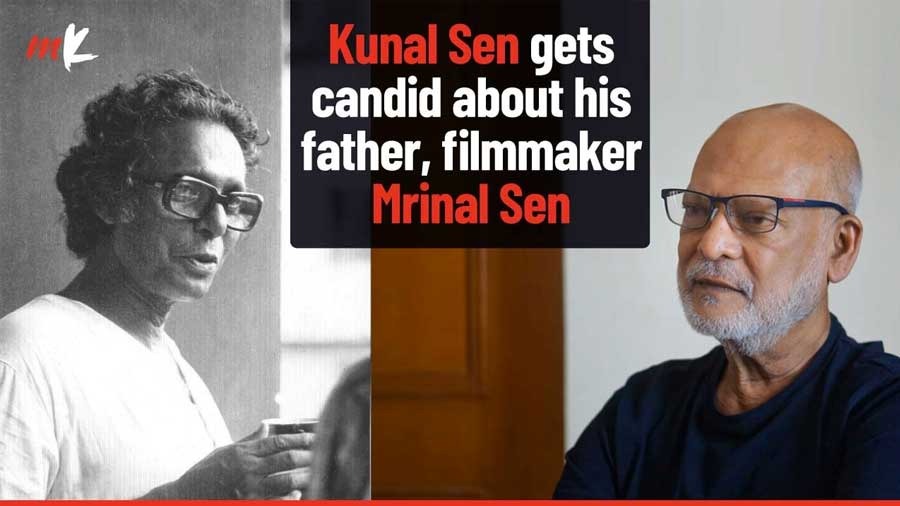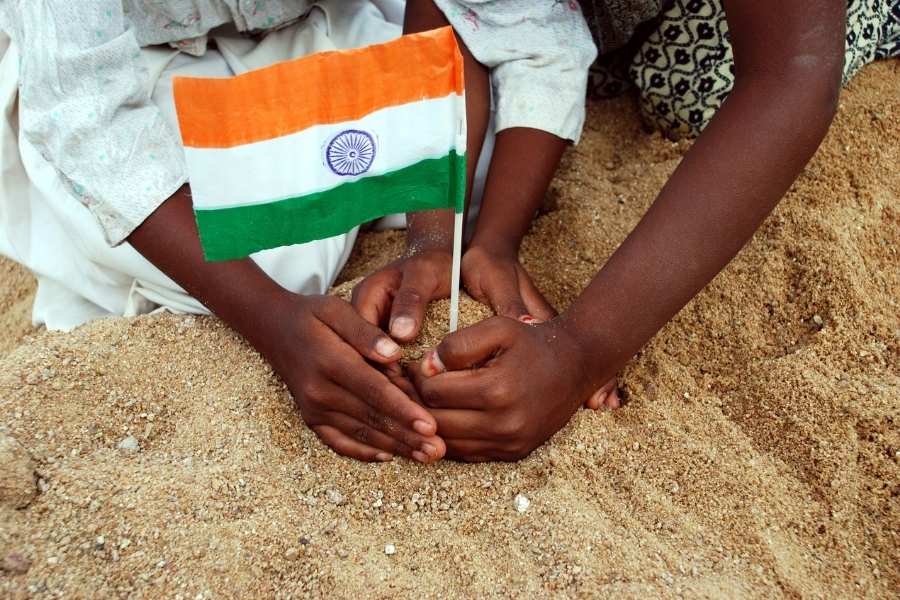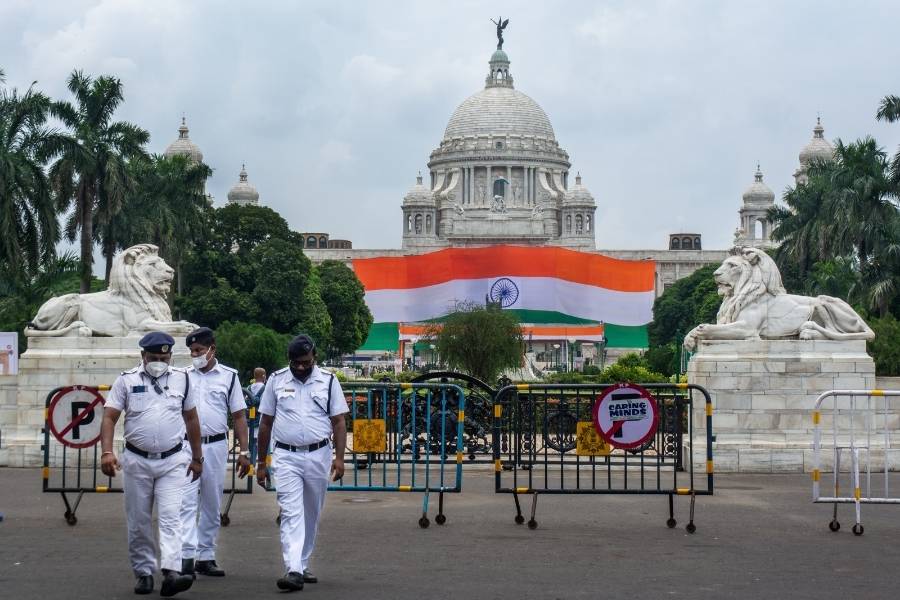January 26 marks the 76th Republic Day. In 1950, the Constitution of India, adopted by the Constituent Assembly on November 26, 1949, came into effect and India, which gained Independence on August 15, 1947, changed from a dominion to a republic on January 26, 1950. The Constitution of India replaced the Government of India Act of 1935, a law enforced by the British government.
In 1950, the first Republic Day also witnessed the swearing-in of India’s first president, Dr Rajendra Prasad. Since 1950, India has witnessed an eventful journey. There have been political upheavals, landmarks — both good and bad — shaping the social fabric of the nation. There have been economic developments and losses, scientific and technological advancements. There have been landmark judicial decisions that have made a place in the history of India.
But how do Indians, born before and after 1950, see the progress of India?
On the 76th Republic Day, My Kolkata asked voices from various walks of life about their introspections on the evolution and journey of India, and the idea of progress. Edited excerpts follow.
Education — a definite progress
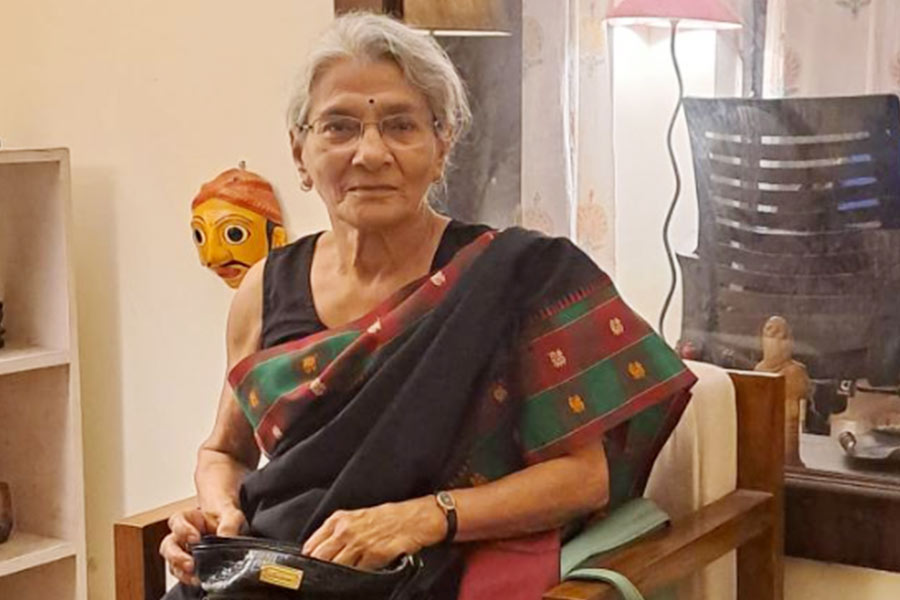
Swati Sengupta
Education and the approach to it have undergone a sea change since our time. Back then, we would attend school, college, and perhaps university. Science, arts and commerce were the only three broad fields, and men (and a few women) typically became engineers, doctors or businessmen. Over the years, many more areas of study have emerged — offering a wider range of career options. I’m pleased that women are now competing with men in both education and careers.
Today, education is career-oriented from the word go. From a very young age, children are aware of what they want to be when they grow up and choose their subjects accordingly. With the advent of TV, mobile phones and the internet, we are now more informed about what’s happening around the world. Our children are confident enough to form their own opinions and make decisions about their educational paths. So, education and its concept have definitely evolved over the years, and all for the better.
— Swati Sengupta, 1947 born, homemaker
More power to ‘us’
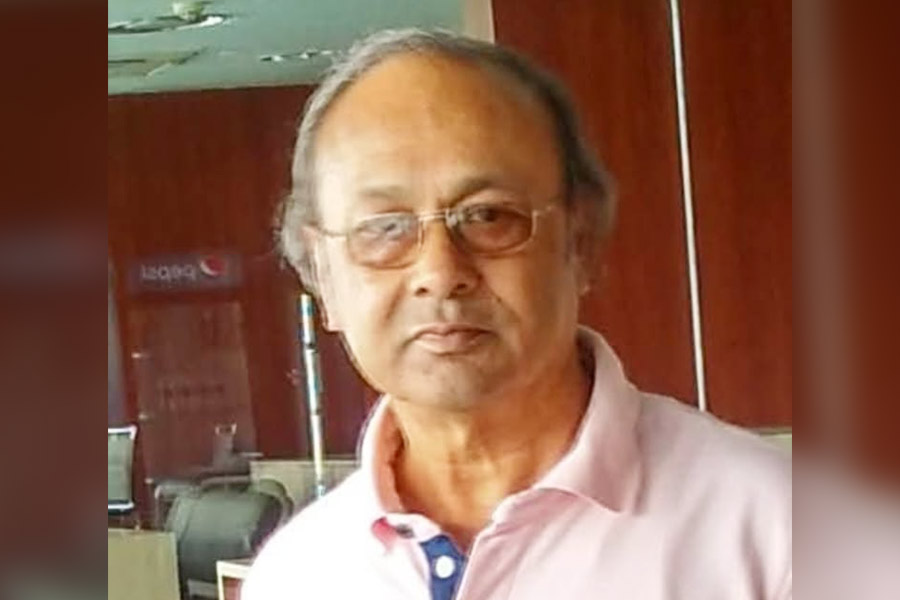
Soumyajit Bhowmick
In the industrial sector, most industries, whether big or small, were British-run and continued to operate successfully after independence. Only a few, like Martin Burn and Tata, were owned by Indian industrialists and ran successfully. In the financial sector, the banking system was controlled by British owners. However, after Independence, the system came under Indian control.
Only the agricultural sector was fully controlled by Indian land owners. In all other areas like science, technology etc. the progress was very slow until economic liberalisation.To be honest, the overall progress actually accelerated after the policy of economic liberalisation was adopted.
— Soumyajit Bhowmick, 1948 born, retired central govt employee
A toast to ‘resilient’ India
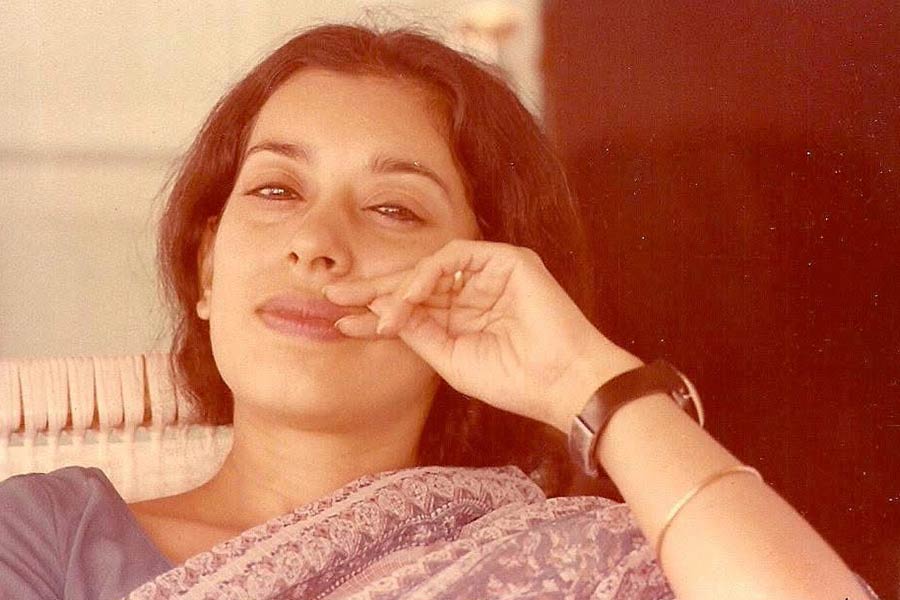
Kirtika Sinha
I spent most of my childhood abroad and studied in over 12 schools — both in India as well as abroad. One of the most progressive aspects I have noticed is the Indian ability to survive through it all — natural calamities, the Emergency, war, communal violence and what not! The past few decades of my life have witnessed both an upsurge in conflict and remarkable unity despite it all, which is truly beautiful. I recall an incident where the veteran cricketer, Sunil Gavaskar bravely faced a mob alone in 1993 during the Mumbai riots. He challenged the angry, armed mob, daring them to harm him before attacking the family they were targeting to harm.
Today, thanks to social media, I can see so many more heroes amongst us, who do the same — taking on different challenges and risks. We all have our share of problems, even after so many decades of Independence, but our resilience will see us through
— Kirtika Sinha, 1948 born, parent advisory board member of One Million Against Abuse Foundation
From bullock carts to video calls — witnessing many firsts
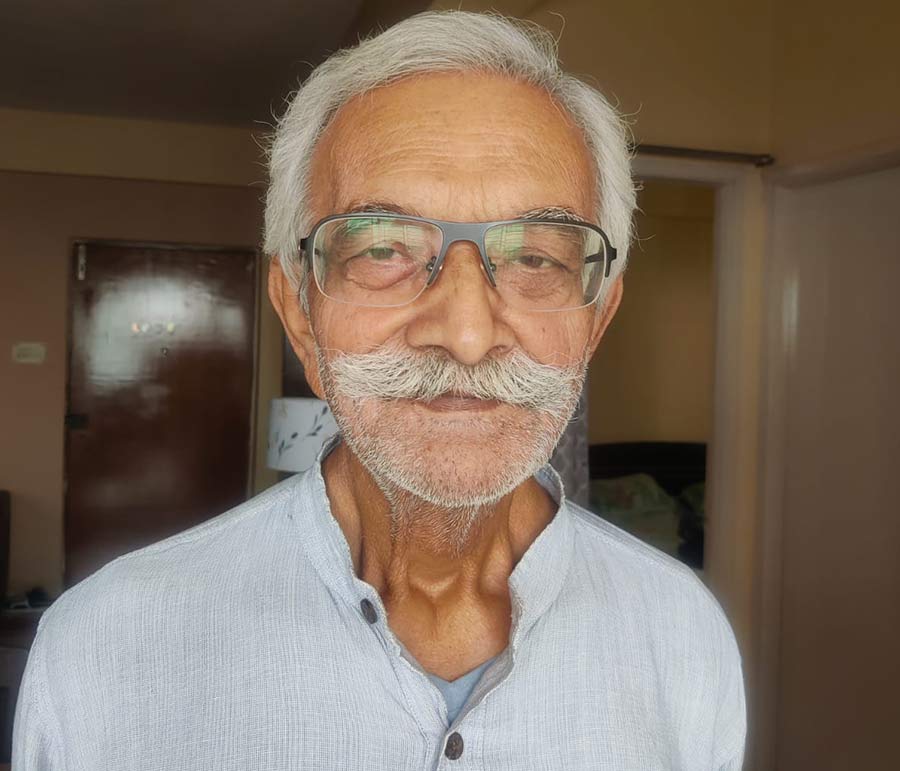
Sambhu Nath Roy
I was born in 1950, and I believe our generation is the luckiest because we witnessed the journey from seeing the world by candlelight to living under LED lights. We have seen how the bullock carts gradually get replaced by SUVs and huts turning into multistoried buildings. Trains, which only the affluent could afford at one point in time, are now considered every man’s medium of transport. Village roads have been converted to broad highways. I remember reading a news report about the possibility of seeing someone while talking to them over the phone in the 1980s, and today we are bridging the gap with video calls. It seemed absurd then, but now I know nothing is impossible with technology.
However, we have also witnessed humanity succumbing to materialistic pleasures, classism, religious divide and political agendas. Education policies have changed but only to add to the consumerist approach. Health facilities, though not up to the mark as per WHO standards, have improved significantly, but only for those who can afford it. For the financially disadvantaged, the country mostly remains the same if we don’t count the cosmetic add-ons like smartphones and internet facilities.
— Sambhu Nath Roy, 1950 born, retired private sector employee
Introspections about ‘progress’
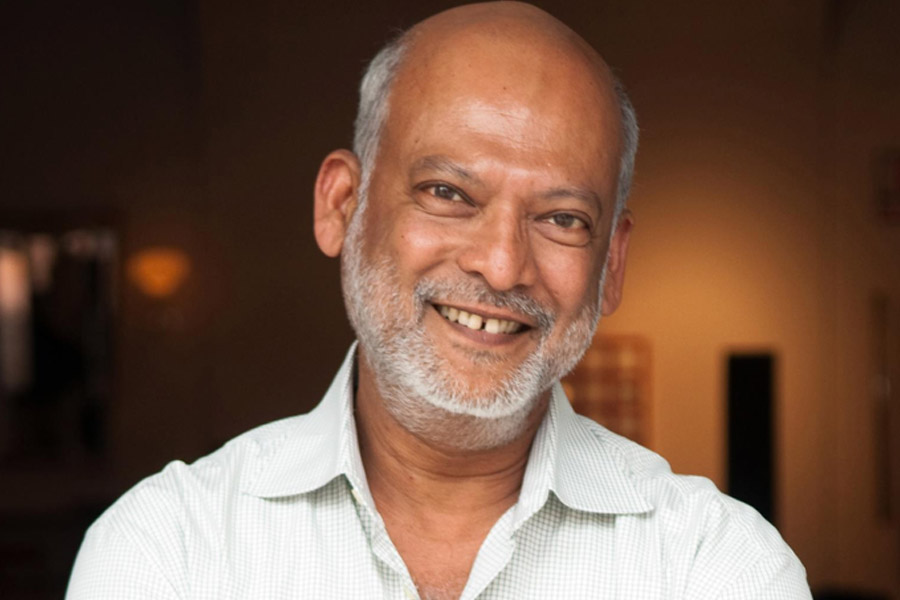
Kunal Sen
I was born in 1954, but I have been living away from India since 1983. Even though I visit often—sometimes three or four times a year — I now feel like an outsider.
Of course, the country has changed a lot, as one would expect. However, judging progress is difficult because it always requires comparison with other places and how much they have changed over the same period. The gap between where I live now and India has narrowed for the more privileged. There is less visible poverty. But the divides within our society are also widening, as is the case everywhere. Is that really progress?
— Kunal Sen, 1954 born, Global Chief Information Officer at Encyclopaedia Britannica and an artist
Chronicling the other side of progress
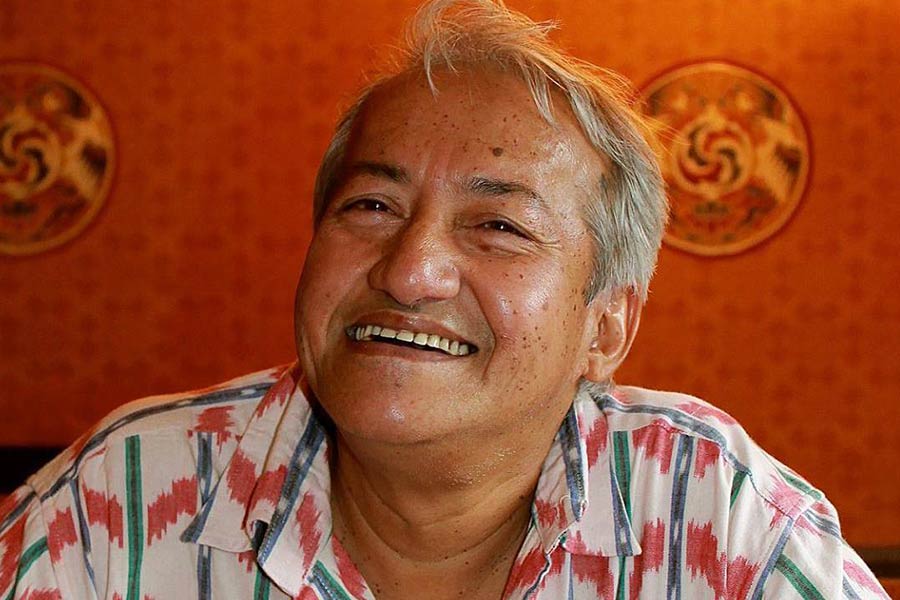
Avijit Dutt
We grew up through hard times and deprivations, but we remained united as ‘one’. The documentary reels we watched in movie theaters showcased the vast achievements in industry and medical institutions. We tightened our belts for the sake of the nation and never complained. In the 1980s we improvised, we travelled the world and wanted the same glitz and glory we witnessed abroad. Then came the 1990s and with it came liberalisation and an unprecedented bouquet of entertainment. Now Levi's wasn’t just a distant dream. Our confidence saw an uptick. But sadly, politics started intruding on our daily lives and started sowing seeds of hatred at times.
— Avijit Dutt, 1955 born, veteran filmmaker and thespian
